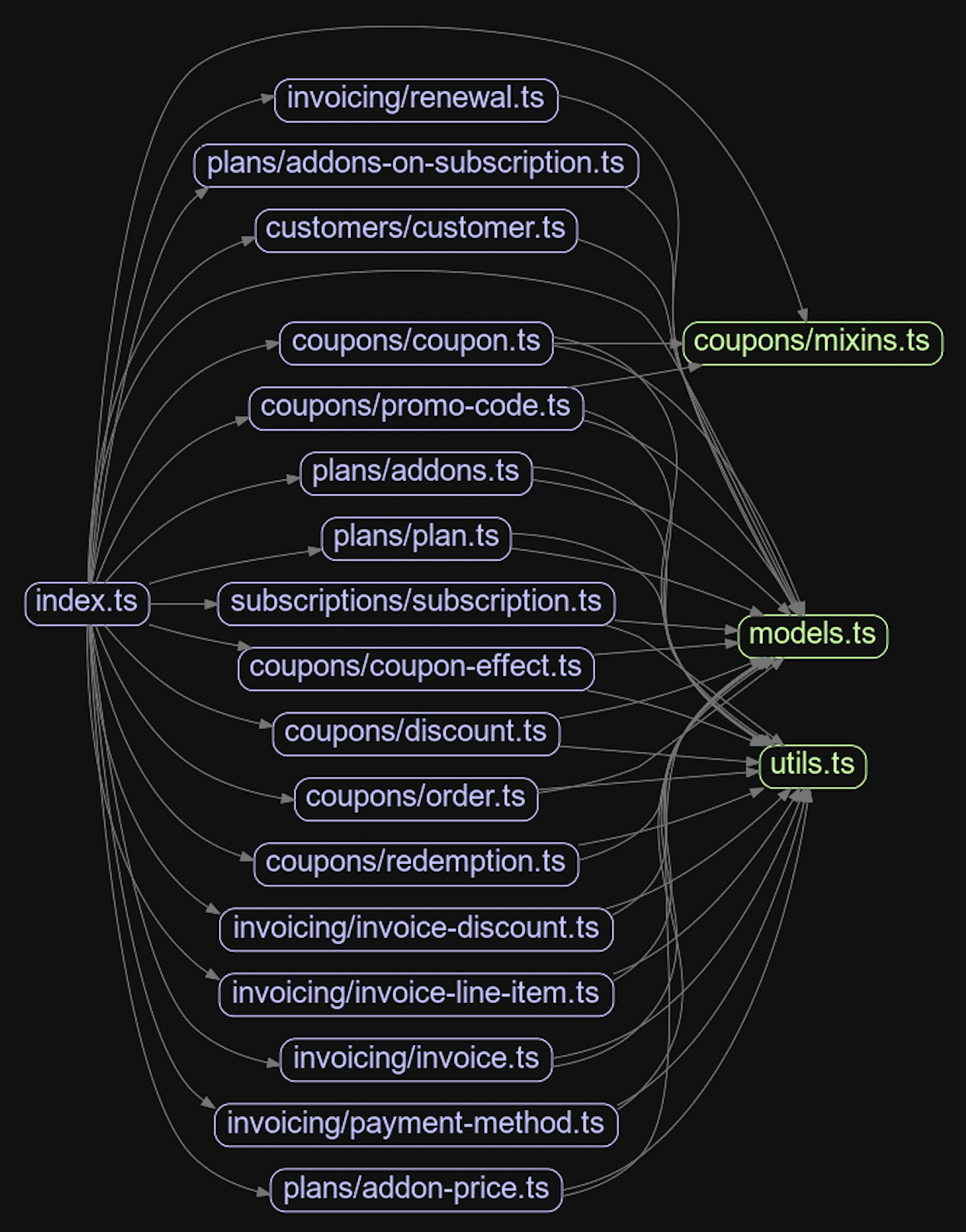refract
A TypeScript CDK for Prisma.
Installation
yarn add @cwqt/refract
npx ts-node refract.ts
Example
schema.ts
const Role = Enum('Role', ['USER', 'ADMIN'] as const);
const Post = Model('Post');
const User = Model('User');
const Timestamps = Mixin()
.Field('createdAt', DateTime(Default('now()')))
.Field('updatedAt', DateTime(UpdatedAt));
User.Field('id', Int(Index, Default('autoincrement()')))
.Field('email', Varchar(Unique))
.Field('name', Varchar(Nullable))
.Field('role', Role('USER'))
.Relation('posts', OneToMany(Post))
.Mixin(Timestamps);
Post.Field('id', Int(Index, Default('autoincrement()')))
.Field('published', Boolean(Default(false)))
.Field('title', Varchar(Limit(255)))
.Field('authorId', Int(Nullable))
.Relation('author', ManyToOne(User, Pk('id').Fk('authorId'), Nullable))
.Mixin(Timestamps)
.Raw(`@@map("comments")`);
export default [Role, User, Post];
refract.ts
import Refract from '@cwqt/refract';
import schema from './schema';
Refract({
datasource: {
provider: 'postgresql',
url: process.env.PG_URL,
shadowDatabaseUrl: process.env.PG_SHADOW_URL,
referentialIntegrity: 'prisma',
},
generators: [
{
provider: 'prisma-client-js',
previewFeatures: ['referentialIntegrity'],
engineType: 'library',
binaryTargets: ['native'],
},
],
output: path.join(process.cwd(), 'myschema.prisma'),
schema,
});
Handling circular relationships
At some point you'll wanna split the schema across files, which introduces issues circular relationships when you're importing for .Relation()s
One way to get around this is to have a file with all the models/enums defined, and have files import those & apply the fields, e.g.
const User = Model("User");
const Post = Model("Posts");
import { User, Post } from './models'
User
.Field("id", Int(Index, Default("autoincrement()")))
.Relation("posts", OneToMany(Post))
import { User, Post } from './models'
Post
.Field("id", Int(Index, Default("autoincrement()")))
.Field("authorId", Int())
.Relation("author", ManyToOne(User, Pk("id").Fk("authorId")))
import * as schema from './models'
require("./posts.ts");
require("./users.ts");
Refract({
datasource: {...},
generators: [...],
schema
})
Another way is to use a string instead of the model as the 1st argument of the Relation type, e.g. .Relation("posts", OneToMany("Posts")).
Caveats
- Only tested on
mysql - Doesn't have all features, yet (PRs welcome!)
- Made in two weekends while drinking 🥴




